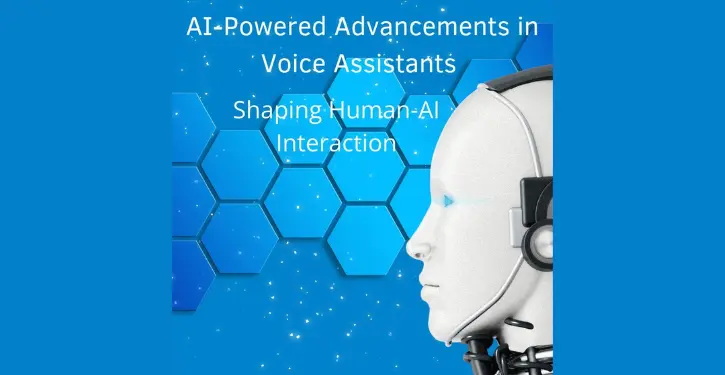
The integration of emotional intelligence in voice assistants represents a significant leap in AI technology. This advancement allows voice assistants to detect and adapt to users' emotional tones, transforming them from mere information providers into empathetic companions. Such developments enhance user satisfaction and foster long-term trust in these technologies.
Contextual understanding and sentiment analysis are key innovations that improve user interactions with voice assistants. By retaining memory of past interactions and tailoring responses based on emotional cues, these systems create more personalized and engaging experiences. The ethical implications of these advancements also highlight the need for responsible AI development that prioritizes user privacy and consent.
• Emotionally aware voice assistants enhance user experience through empathy.
• Contextual understanding allows for more personalized interactions with users.
Emotional intelligence in voice assistants enables them to respond empathetically to users' emotional states.
Contextual understanding allows voice assistants to customize responses based on user history and preferences.
Sentiment analysis helps voice assistants tailor their responses to match the user's emotional tone.
Isomorphic Labs, the AI drug discovery platform that was spun out of Google's DeepMind in 2021, has raised external capital for the first time. The $600
How to level up your teaching with AI. Discover how to use clones and GPTs in your classroom—personalized AI teaching is the future.
Trump's Third Term? AI already knows how this can be done. A study shows how OpenAI, Grok, DeepSeek & Google outline ways to dismantle U.S. democracy.
Sam Altman today revealed that OpenAI will release an open weight artificial intelligence model in the coming months. "We are excited to release a powerful new open-weight language model with reasoning in the coming months," Altman wrote on X.
